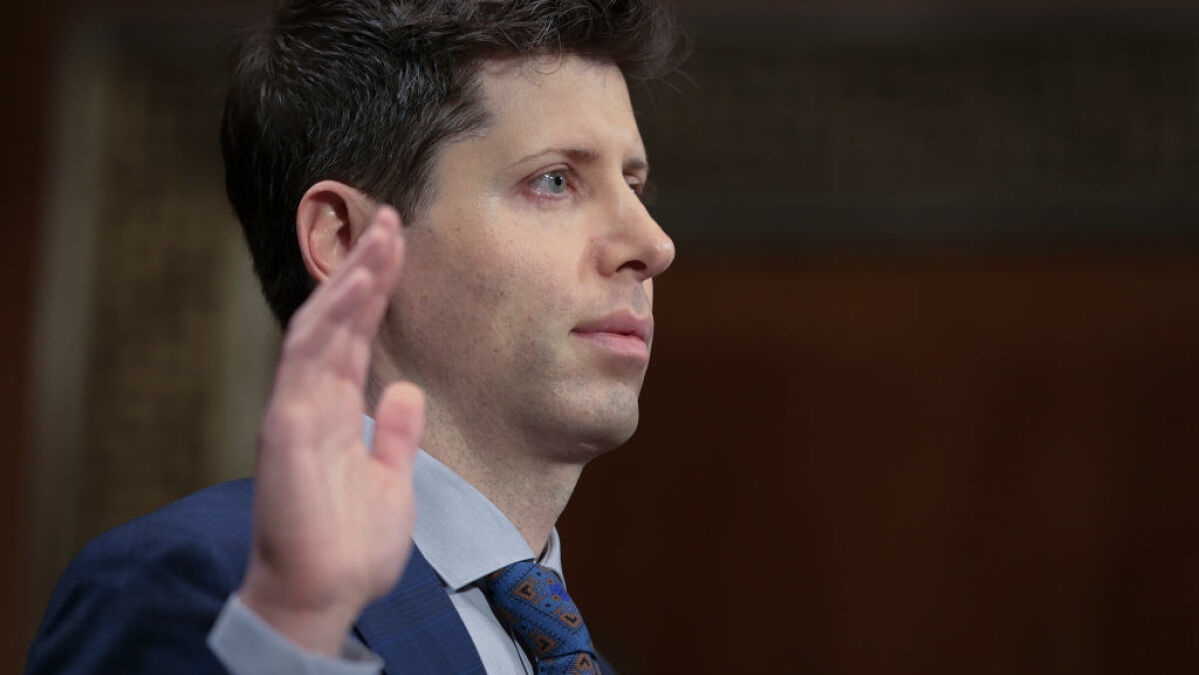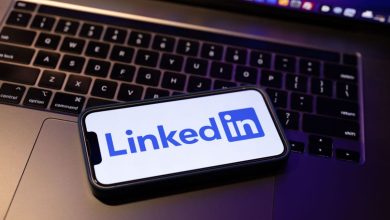Apparently, considered one of generative AI’s extraordinary capabilities is unifying politicians, the general public, and the non-public sector in regulating it.
We noticed that at the moment in a Senate Judiciary Committee listening to(opens in a brand new tab) about tips on how to govern AI. OpenAI CEO Sam Altman, IBM chief privateness and belief officer Christina Montgomery, and NYU emeritus professor Gary Marcus testified in entrance of the privateness, know-how, and legislation subcommittee about what to do now that generative AI has been free of Pandora’s Field. Altman was open and cooperative, even advocating for regulation of ChatGPT and generative AI. However that appeared to have a disarming impact on the subcommittee, who requested largely softball questions.
OpenAI rolling out ChatGPT plugins to Plus customers
The three-hour listening to touched on the numerous dangers generative AI poses to society, and the way our nation can efficiently navigate the subsequent industrial revolution. Sadly, addressing so many points in a single setting meant that there was barely time to delve into prevailing issues like job alternative, copyright legislation, and oh yeah, nationwide safety. Listed below are the highlights:
Contents
- 1 1. Senator Blumenthal’s opening remarks included a deepfake
- 2 2. The entire job alternative subject stays unresolved
- 3 3. Everybody agrees AI must be regulated
- 4 4. Misinformation is a big concern, particularly with an election developing
- 5 5. Senator Marsha Blackburn loves Garth Brooks and Senator Mazie Hinono loves BTS
- 6 6. Nationwide safety is just too massive to cowl at the moment
1. Senator Blumenthal’s opening remarks included a deepfake
Tweet could have been deleted
(opens in a brand new tab)
Senator Richard Blumenthal kicked off the listening to with dramatic aptitude by taking part in a deepfake recording of his voice speaking about ChatGPT. The recording was created utilizing audio from his speeches and the remarks have been generated by ChatGPT which was requested how Blumenthal would open the listening to. Main with deepfake set the tone for the remainder of the listening to by underscoring generative AI’s spectacular capabilities and the way harmful it may be if left unchecked.
2. The entire job alternative subject stays unresolved
One of many main issues about ChatGPT and generative AI is the roles it is going to change by automating duties. When requested if this was a priority, Altman view was that AI may change jobs however create new ones: “I imagine that there will probably be far higher jobs on the opposite facet of this and that the roles of at the moment will get higher.” Montgomery added that crucial factor we must be doing is making ready the workforce for AI-related expertise by means of coaching and schooling.
However who that accountability falls to was left unsaid. “I believe it is going to require partnership between the business and authorities, however largely motion by authorities to determine how we wish to mitigate that,” mentioned Altman. In different phrases, that is not OpenAI’s downside.
3. Everybody agrees AI must be regulated
Senator Dick Durbin opened his remarks by noting the unusually cooperative dialog between the private and non-private sectors. “I can not recall after we’ve had individuals representing giant companies or non-public sector entities come earlier than us and plead with us to control them.” Pleading for regulation could have been an exaggeration, however Altman and Montgomery confirmed they have been willingly and generally enthusiastically open to authorities oversight.
That went past basic platitudes. Altman mentioned he believed Part 230 doesn’t apply to generative AI, that means corporations that provide this know-how must be held liable, and that there must be a wholly new framework for content material created by generative AI.
This could possibly be interpreted as a profitable instance of democratic checks and balances at work, but it surely additionally emphasised simply how severe the specter of AI is — and the way badly corporations like OpenAI really feel the necessity to defend themselves from legal responsibility.
Regulation of this magnitude may even result in the creation of a brand new federal company just like the Meals and Drug Administration, which is what Marcus proposed. “My view is that we in all probability want a cupboard stage group inside the USA with a purpose to tackle this. And my reasoning for that’s that the variety of dangers is giant, the quantity of knowledge to maintain up on is a lot I believe we’d like plenty of technical experience, I believe we’d like plenty of coordination of those efforts.”
One other thought floated round was licensing for generative AI, akin to licensing for nuclear energy operations.
4. Misinformation is a big concern, particularly with an election developing
One of many underlying themes of the listening to was tips on how to study from the errors Congress made by failing to carry social media corporations accountable for content material moderation, which result in rampant misinformation in the course of the 2016 and 2020 elections. Generative AI’s potential to create and unfold inaccurate or biased info on a big scale is actual and imminent until addressed now.
“On condition that we’re gonna face an election subsequent 12 months, and these fashions are getting higher. I believe it is a vital space of concern,” mentioned Altman. He’s open to “vitamin labels” concerning the nature and supply of generative AI content material from third events, however Marcus believes the basis of the difficulty is transparency and entry to how the algorithm works. “One of many issues that I am most involved about with GPT-4 is that we do not know what it is educated on, I suppose Sam [Altman] is aware of, however the remainder of us don’t. And what it’s educated on has penalties for basically the biases of the system.”
5. Senator Marsha Blackburn loves Garth Brooks and Senator Mazie Hinono loves BTS
Committee members could not resist the prospect so as to add some levity to the intense nature of the listening to. Senators Cory Booker and Jon Ossoff soft-launched their bromance by calling one another good-looking and sensible. Senator Peter Welch made a self-deprecating comment about his curiosity of the listening to saying, “Senators are famous for his or her brief consideration spans, however I’ve sat by means of this whole listening to and loved each minute of it.”
When asking Altman about OpenAI’s automated music software Jukebox and copyright legislation, Blackburn expressed concern about possession of a track created with the type and voice of her favourite artist Garth Brooks. Hinono was equally fearful about deepfake songs created to sound like her favourite band BTS. Regardless of how bizarre it was to listen to the famed nation music singer and Okay-Pop sensation talked about on this context, Blackburn and Hinono raised legitimate factors about mental property.
6. Nationwide safety is just too massive to cowl at the moment
The three-hour listening to lined so many dangers of generative AI that Blumenthal solely talked about its menace to nationwide safety in his concluding remarks, saying, “the sources of threats to this nation on this house are very actual and pressing. We’re not going to cope with them at the moment, however we do must cope with them.”
The listening to addressed an unlimited array of points that generative AI might influence: employment, misinformation, mental property, privateness, security, bias and discrimination, however the three-hour session wasn’t sufficient time to deal with the way it might have an effect on the financial system or threats from international adversaries.
Unleash the Energy of AI with ChatGPT. Our weblog offers in-depth protection of ChatGPT AI know-how, together with newest developments and sensible functions.
Go to our web site at https://chatgptoai.com/ to study extra.





